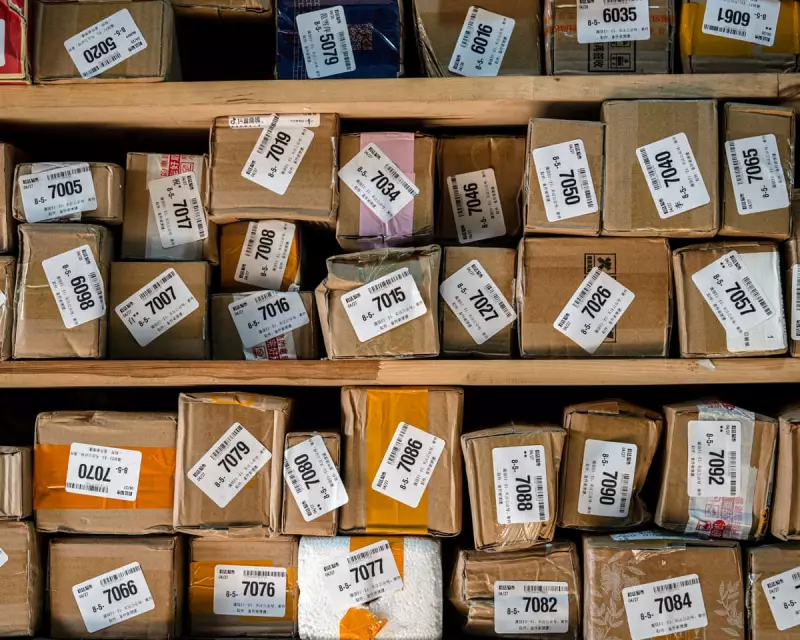
Former US President Donald Trump has announced a controversial proposal to abolish the 'de minimis' tariff exemption, a policy that currently allows low-value imports to enter the US duty-free. This move, if implemented, could have far-reaching consequences for global trade and consumer prices.
The End of an Era for Small Imports?
The de minimis rule, which permits shipments valued under $800 to bypass customs duties, has been a cornerstone of modern e-commerce. Trump's plan would mark a significant departure from current trade practices, potentially affecting millions of online shoppers and small businesses.
Potential Impacts on Global Commerce
Industry experts warn that eliminating this exemption could:
- Increase costs for consumers purchasing foreign goods online
- Create logistical challenges for international shipping companies
- Potentially spark retaliatory trade measures from other nations
- Disproportionately affect small businesses relying on global supply chains
Political Reactions and Economic Implications
The proposal has drawn mixed reactions, with supporters arguing it would protect domestic manufacturers, while critics claim it amounts to a hidden tax on consumers. Economists suggest the change could slow the growth of cross-border e-commerce and complicate international trade relations.
As the debate continues, businesses and policymakers worldwide are closely monitoring these developments, which could reshape global trade patterns for years to come.





